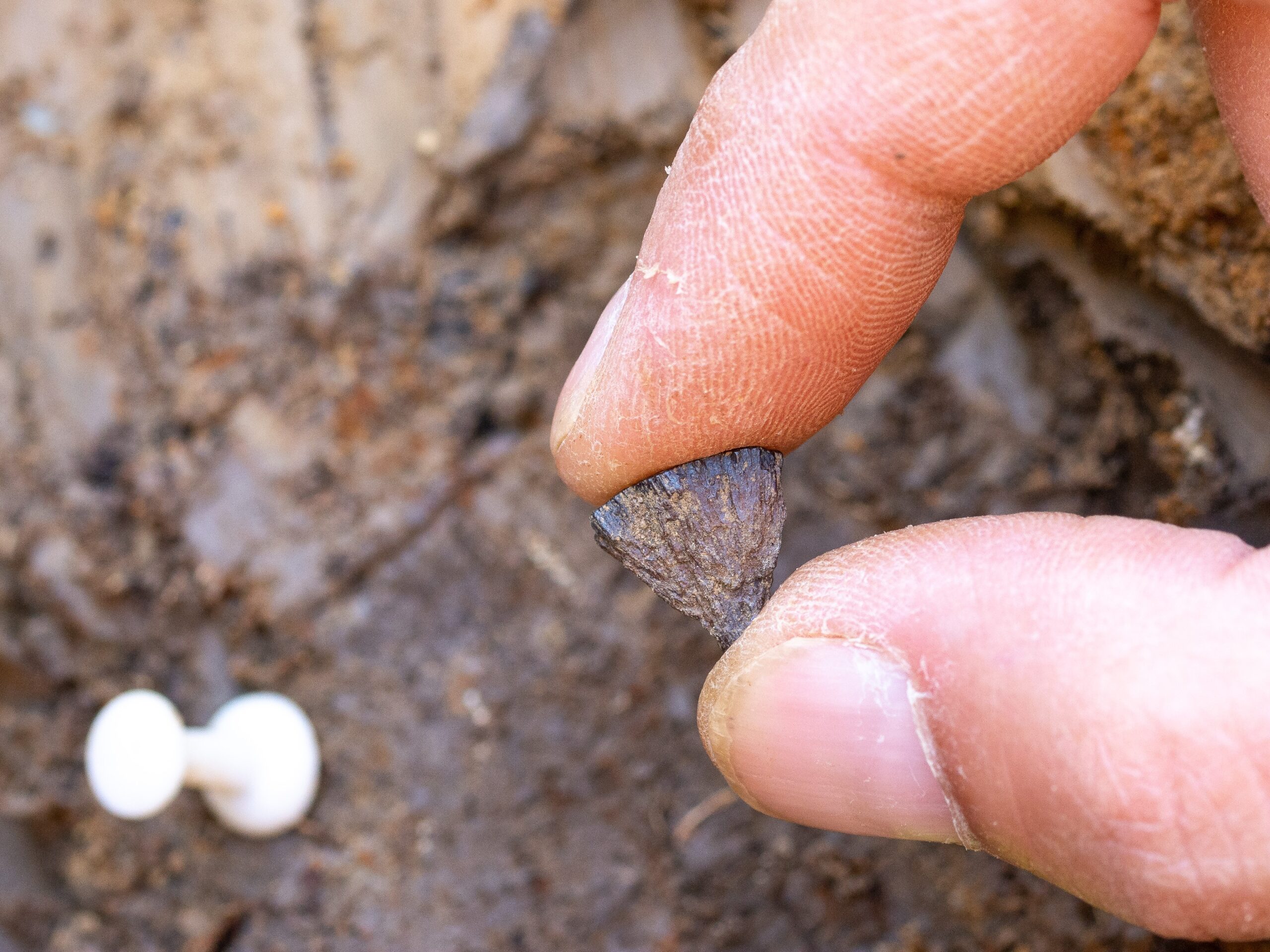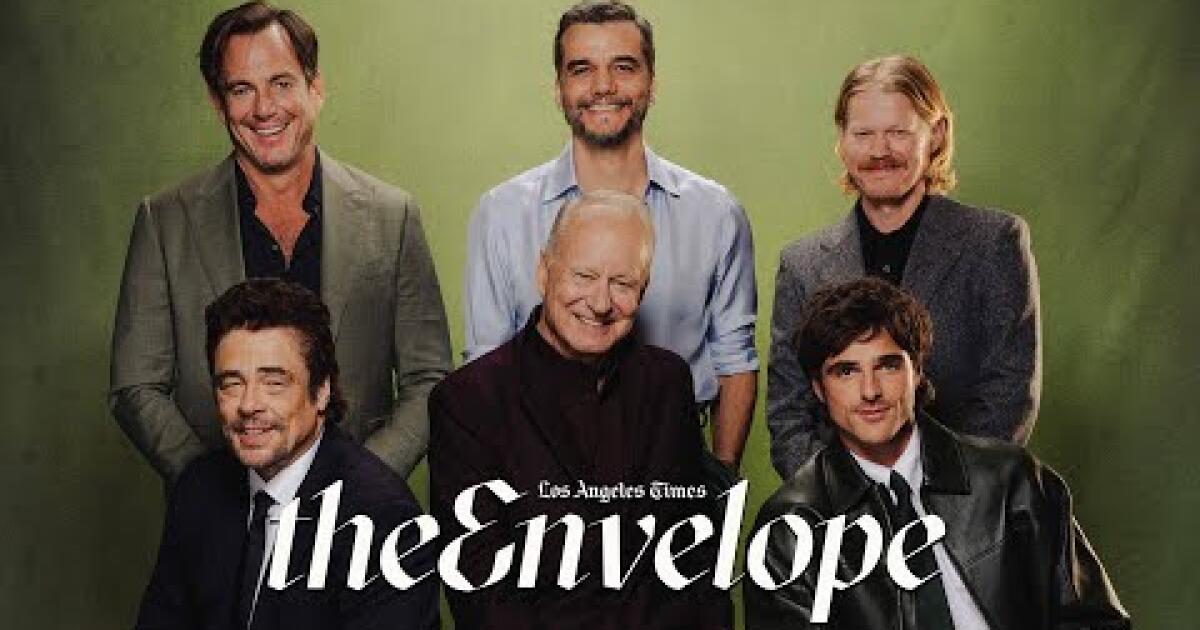Fragments of iron pyrite, a rock that can be used with flint to make sparks, were found by a 400,000-year-old hearth in eastern Britain. Image: Jordan Mansfield/Courtesy Pathways to Ancient Britain Project

Fragments of iron pyrite, a rock that can be used with flint to make sparks, were found by a 400,000-year-old hearth in eastern Britain. Image: Jordan Mansfield/Courtesy Pathways to Ancient Britain Project

Court approves prosecution’s request to seize Rs2 million from defendant’s bail bond
Judge Amjad Ali Shah of the Rawalpindi anti-terrorism court has…

With three North American cities hosting in rapid succession, the 2025 Swimming World Cup delivered a dense, high-performance October racing calendar that highlighted both the depth of global talent and the continued rise…

Political thrillers have been a staple of popular culture since the 1960s, when the Cold War threw conspiracy theory-loving writers into overdrive, and television and film are no exception.
This year,…

Astronomers have used the James Webb Space Telescope (JWST) to discover that a distant “hot Jupiter” planet has two staggeringly long tails composed of helium that currently defy explanation. The observations represent the first study of gases…

An interview with Ryan Jones about Flighty, my favorite iOS app, and how the App Store has evolved over the last 15 years.
Subscribe to Stratechery Plus for full access.
$15 / month or $150 / year
With Stratechery…

Have you ever wondered what movie might draw praise from Jacob Elordi and Benicio Del Toro for its cinematic reverie?
When you gather six actors from some of this year’s most acclaimed films, a thoughtful discussion about their roles…

For all those in search of pop star-infused festive cheer, Mariah Carey’s Holiday Bar opened earlier this month at the Mondrian Hotel’s Skybar.
The pop-up’s Los Angeles debut is steeped with the signature seasonal touch from the Queen of…